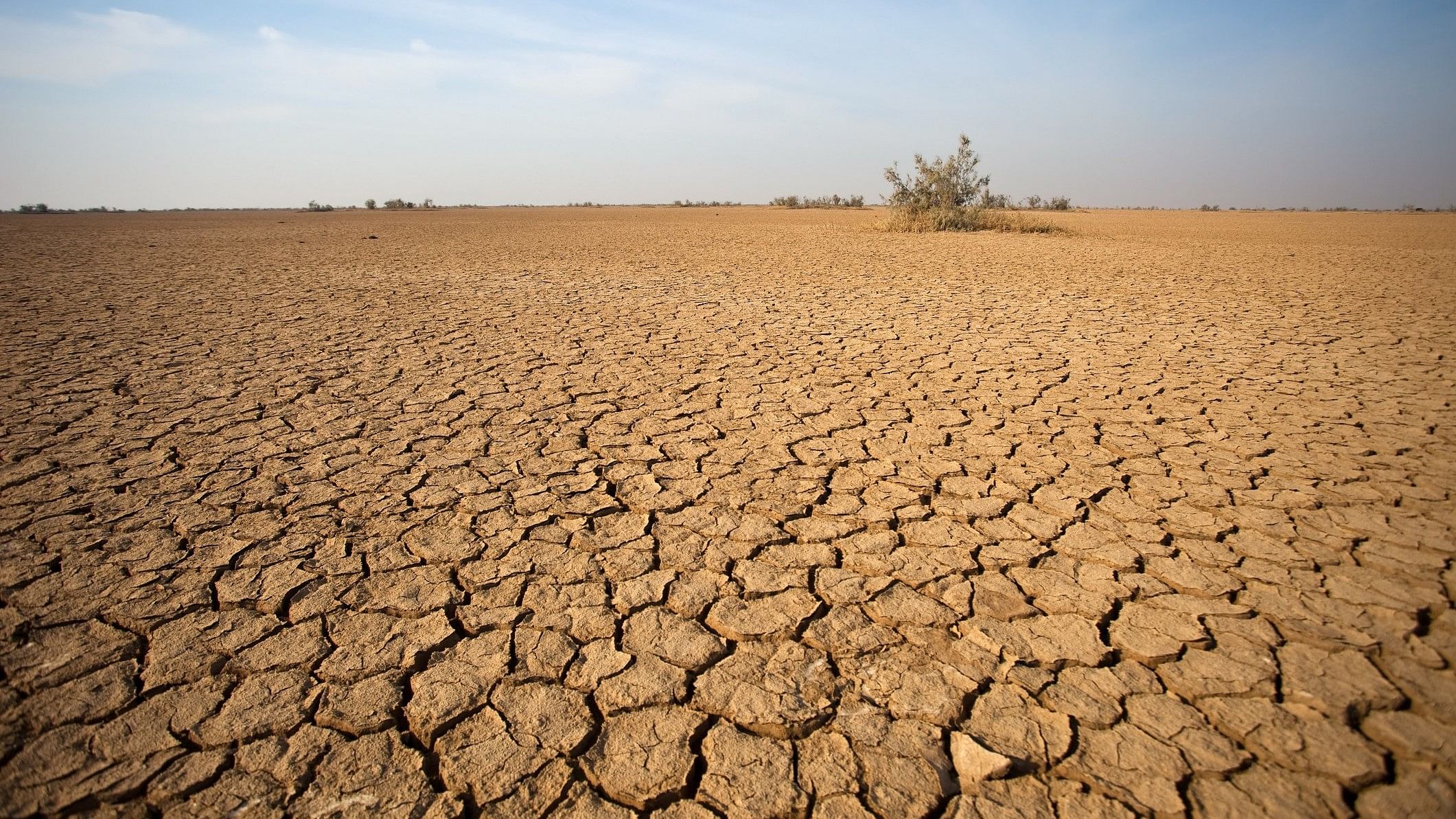
From afforestation to the use of renewable energy, the plan suggests a slew of measures for every department.
Credit: DH Photo
Bengaluru: The state government is all set to implement a climate action plan which was prepared in 2021 and recently approved by the central government. This comes at a time when Karnataka is facing one of its worst droughts and gearing up for an above-normal monsoon.
‘The Karnataka State Action Plan on Climate Change — Version 2’ was sent to the Ministry of Environment Forests and Climate Change (MOEF & CC) in April 2021. Three years later, the state has received the approval to execute the same.
The development commissioner, who held multiple meetings with 42 line departments, expressed confidence that the plan would come into force soon after the model code of conduct is lifted in June. With this, Karnataka will become one of the first states to implement the climate plan.
“We have communicated to all departments to prepare programme-specific plans, performance indicators and targets. We plan to make a submission before the Cabinet as soon as the model code of conduct is lifted,” said Dr Shalini Rajaneesh, Development Commissioner.
Experts said the action plan must be implemented at the earliest since the impact of climate change on the state is increasing by the day.
According to an official from the environment department, all departments concerned will have to work on integrating the measures suggested in the action plan and submit their targets.
“They have to prepare a list along with the present performance that will act as a baseline. For example, the forest department has to submit the extent of afforestation it has planned and the target in five years,” the official explained.
The action plan, prepared by the Environment Management and Policy Research Institute (EMPRI), suggests several interventions and evaluation strategies to mitigate the effects of climate change.
The plan indicates that the state requires Rs 52,827 crore between 2025 and 2030 to implement measures in agriculture, horticulture, forestry, rural development and 10 other sectors.
From afforestation to the use of renewable energy, the plan suggests a slew of measures for every department.
“The financial estimates were prepared in 2021 and may have increased now. The action plan lays out a number of financing methods to pool funds. We can have department-specific plans,” said Prof Krishna Raj who was a part of the action plan preparation from the Institute of Social and Economic Change.
From attracting private investments to making better use of corporate social responsibility (CSR) funds, the plan also details various financing methods.
“The frequency of drought and floods has increased. The temperature and rainfall patterns have become unpredictable.These have a direct impact on many sectors, especially agriculture. If agriculture is impacted, it hits the economy. Hence, it is crucial to implement the action plan,” he said.
Officials from the environment department added that the awareness among officials and citizens has increased owing to the recent drought situation and water scarcity, and hence, this was the right time to get into action.
Strategies suggested
Agriculture: Dry-season crop planning, precision irrigation tech
Forest: Climate-resilient afforestation programme
Livestock: Integrated disease surveillance and response
Groundwater: Improve regulatory measures
Energy: Higher uptake of renewables